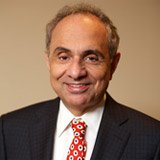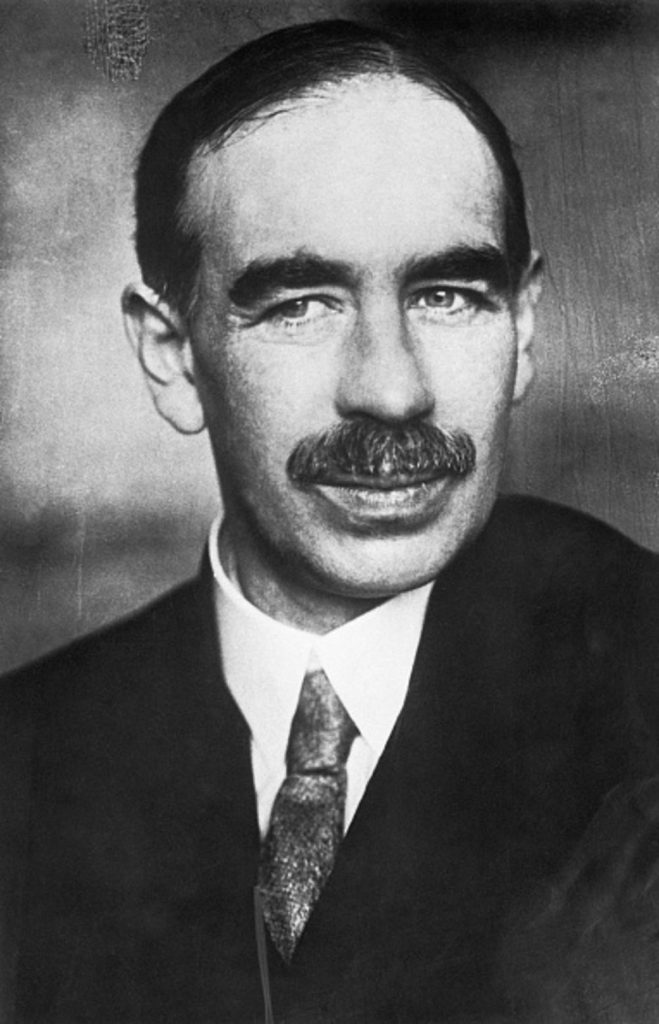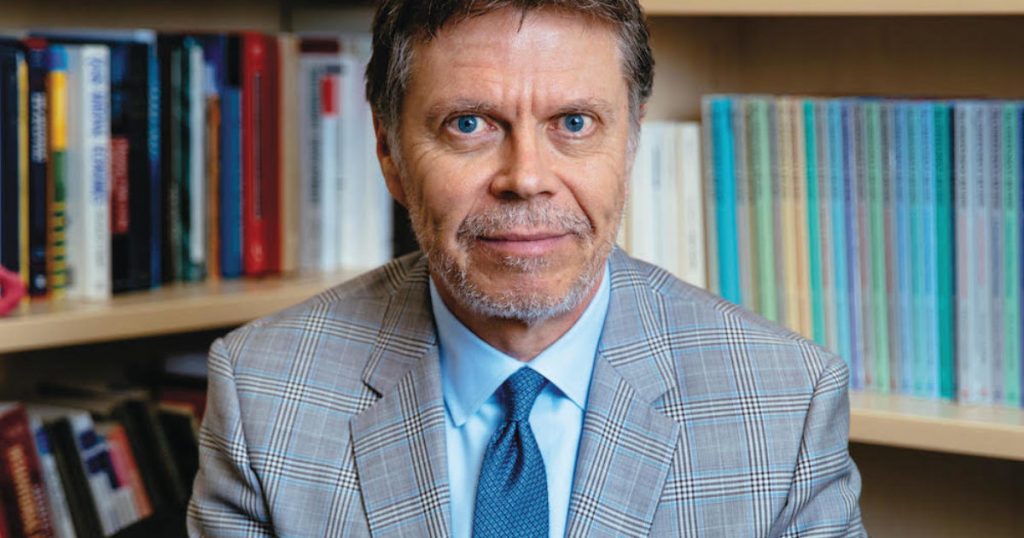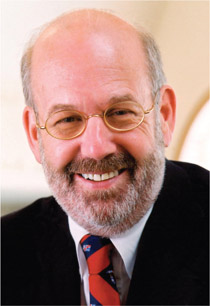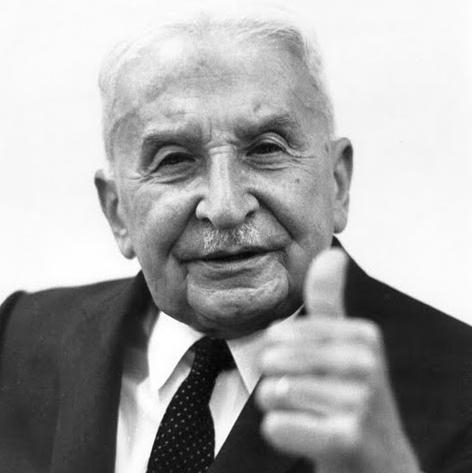Ep. 169 Mario Rizzo on His History with the Austrian School and the Economics of Time & Ignorance
Mario Rizzo is a professor in the Department of Economics at NYU–where he was Bob’s dissertation chair. He talks about how he found the Austrian School and his own contributions to economics. Mentioned in the Episode and Other Links of Interest: The YouTube version of this interview. Mario Rizzo’s homepage. Mario’s books The Economics of Time and…
Ep. 117 Refuting Some Economics Fallacies Related to the Corona Crisis
Bob tackles some Keynesian / MMT fallacies that have resurfaced in light of the response to the coronavirus. In particular, he responds to Larry Summers who viewed the lockdown as being akin to workers staying home over the weekend, and then to Neil Irwin on Twitter, who approvingly retweeted a thread arguing that it was…
Ep. 99 Don Boudreaux on Austrians, Public Choice, and Debating Free Trade
Don Boudreaux is an economist at George Mason University who blogs at Cafe Hayek. He has a long history with the Austrian and Public Choice schools, and is in the trenches daily making the case for free trade. Mentioned in the Episode and Other Links of Interest: The YouTube video of this interview. Don’s blog,…
Ep. 32 Lew Rockwell on the College Cheating Faux Scandal, the Sinister FBI, and How the CIA Kills People
Bob brings on Mises Institute founder Lew Rockwell to primarily discuss Lew’s article in defense of Lori Loughlin. Why is the FBI involved in a college admission scandal in the first place? And why is Lori Loughlin’s behavior so much worse than all the other cheating that happens systematically? Bob and Lew then discuss the…
Ep. 31 Capital & Interest in the Austrian Tradition, Part 3 of 3
Bob finishes his 3-part series by first reviewing the contributions of Bohm-Bawerk, Fetter, and Mises to the modern Austrian explanation of interest, namely the “pure time preference theory” (PTPT). Then Bob explains some of the problems for the PTPT, especially for Austrian economists. Instead Murphy offers a much more straightforward–and Austrian!–approach, which explains interest as…

